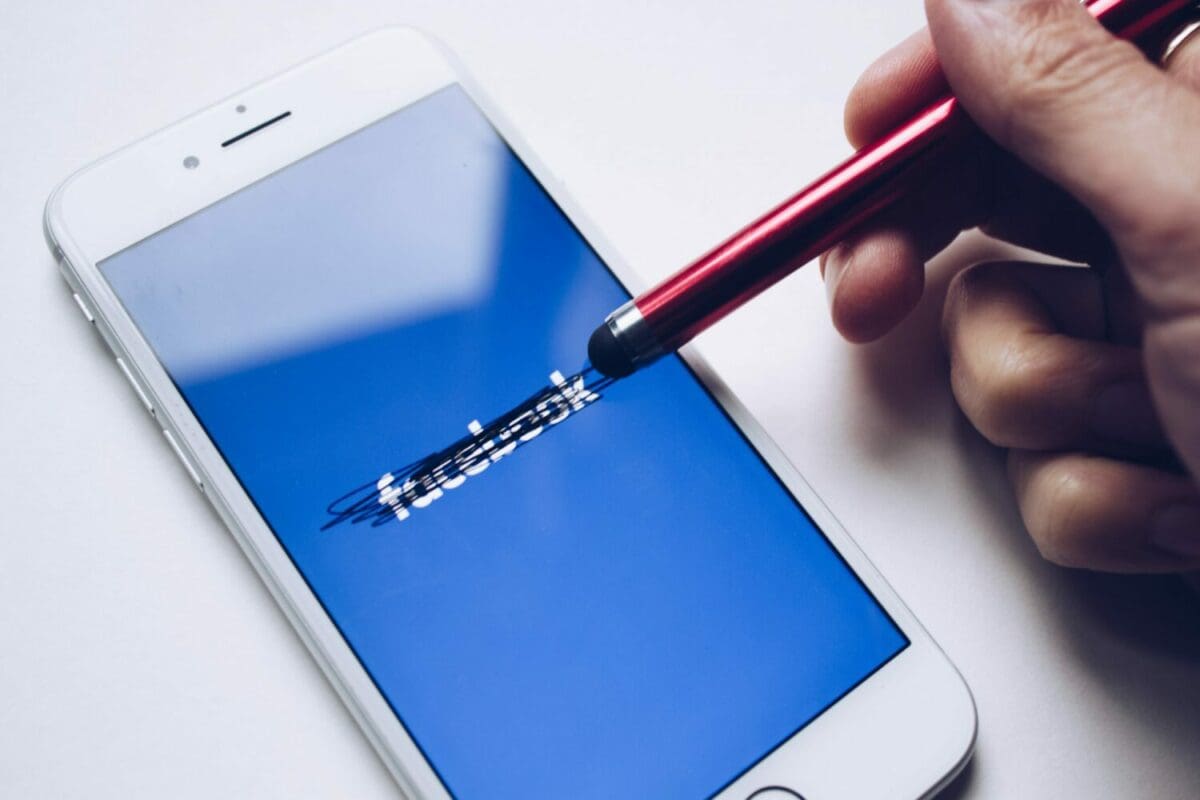
Putting a Cap on Your Social Media Platforms
December 3, 2020 in Social Media Guide
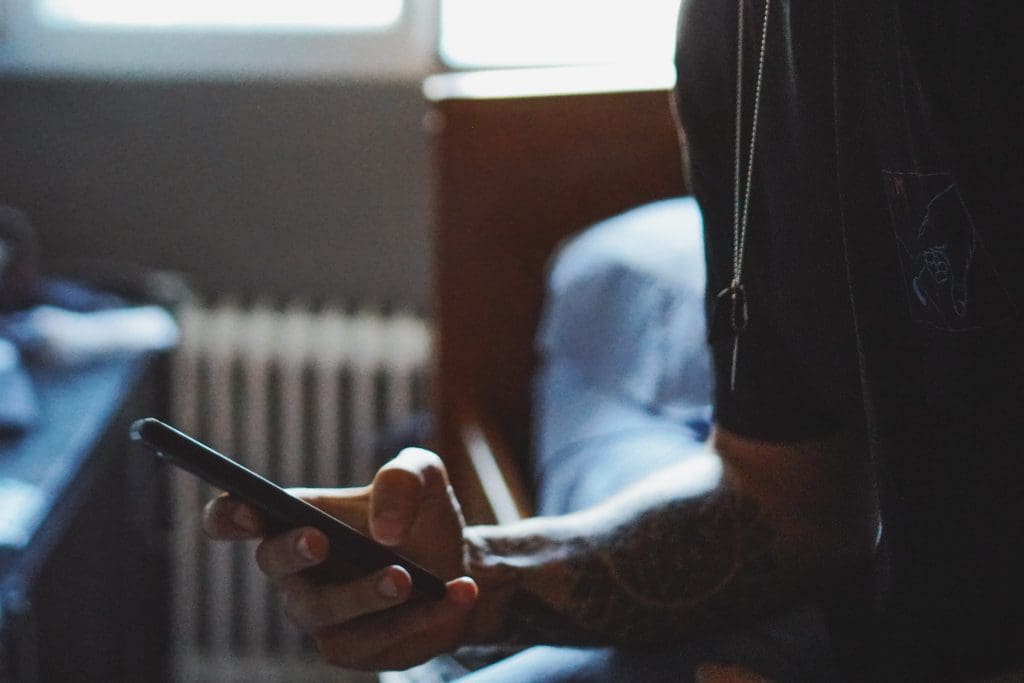
How many social media platforms can you name off the top of your head? There’s Twitter, Instagram, TikTok, YouTube, Facebook, Snapchat, LinkedIn (yes, even LinkedIn), Discord, Twitch…the list goes on.
Now, ask yourself how many of these platforms you have accounts on. This includes the ones you don’t even use anymore, but still have login information – and sometimes still receive notifications from. Do you have multiple accounts on the same platform too?
Finally, think about how much time per day you spend on each of these platforms and app. If you’re willing to take the risk, you can check your Screen Time to get more precise information, but you’ll also want to consider the amount of time you check these apps on other devices like your laptop and tablets if you have them.
We’ve talked extensively about how to prioritize and cleanse your platforms to give yourself the best social media experience, but even those we don’t even log on or rarely use can still make us feel anxious, and for those who are vulnerable to it, depressed. For example, remembering an old account of yours might fill you with dread with the content that now embarrass you, or even remind you of negative encounters that you had on there.
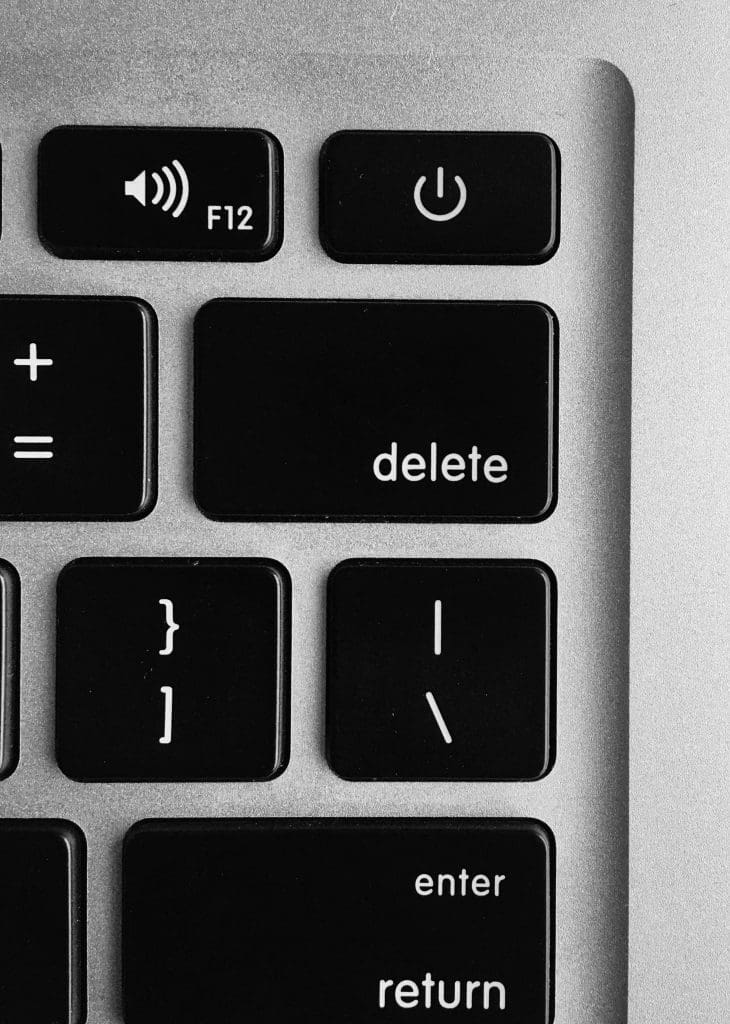
You may also be using accounts differently depending on how active you are on them. There might be accounts that you’re constantly using to talk to people or create content for, but then there might be others where you do nothing but scroll and/or watch videos. This is called passive social media use: those who spend more time passively engaging on social media are more likely to show depressive symptoms, while those who are actively engaging (like creating content, talking to others, and doing things beyond just scrolling and liking) are less likely to show depressive symptoms.
Having a ton of social media accounts can be fun at times. Since we’re always connected and online, it’s a way to make us feel that there’s no way that we can possibly be bored. However, what we do (or don’t do) on these sites may have an affect on our mental health, even if we don’t realize it.
With all this information, you may want to consider an end-of-year digital cleanse and think about permanently deactivating some of your accounts. If you haven’t touched your Facebook, an old Twitter account, or your finsta in years, it may be time to get rid of them for good. While TikTok is without a doubt entertaining, if you don’t make any, spend hours just watching and feeling negative about yourself by comparing your looks, humor, or editing skills to others, it may be something you also want to remove.
Sometimes, less is more, and social media platforms are no exception.
Have you ever permanently deleted a social media account before? What are old platforms that you used to use that you no longer go on?


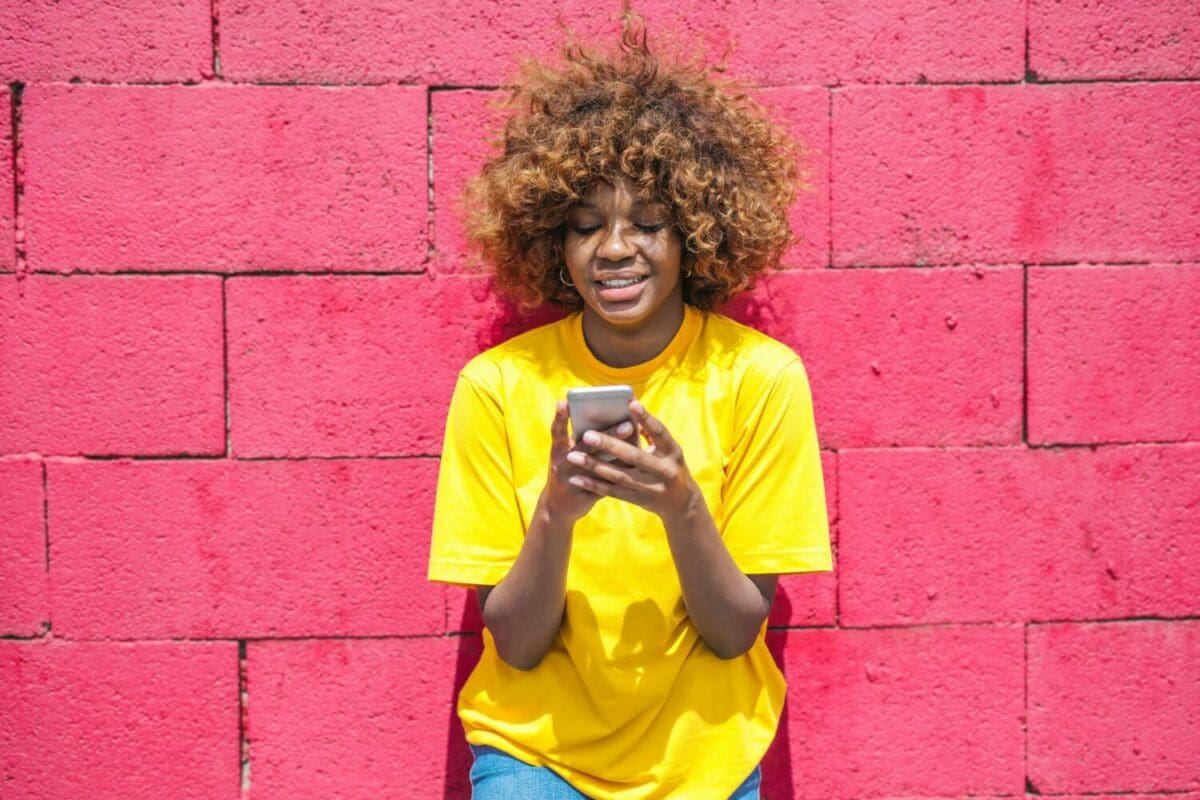
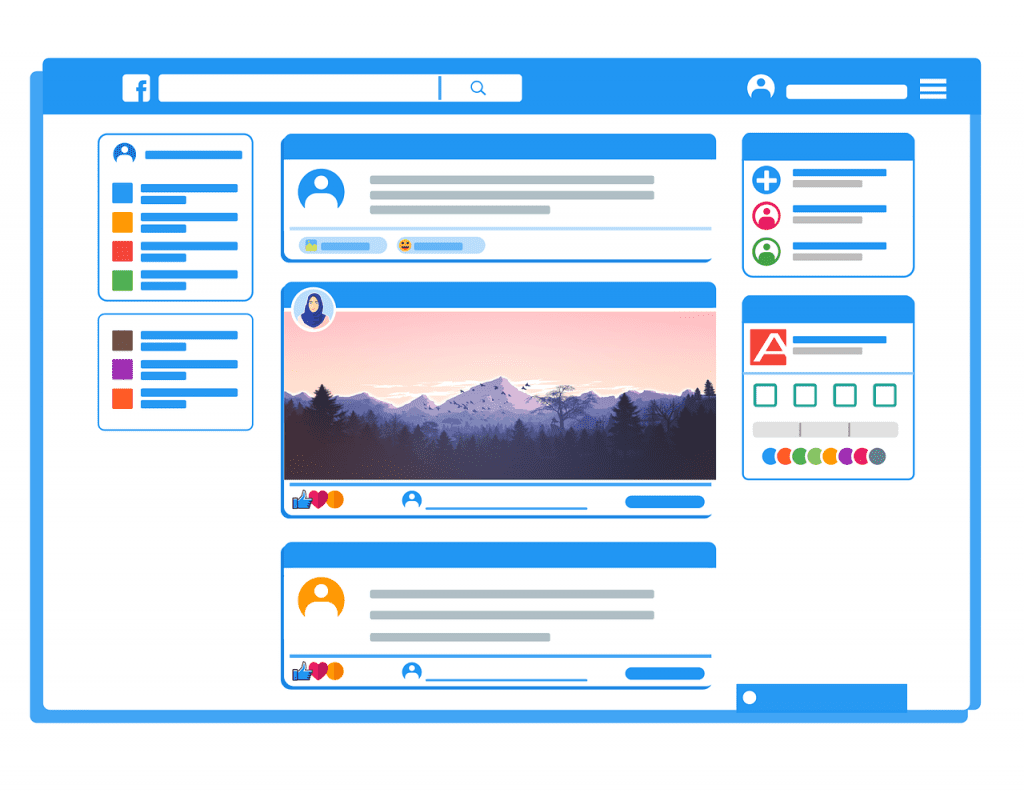


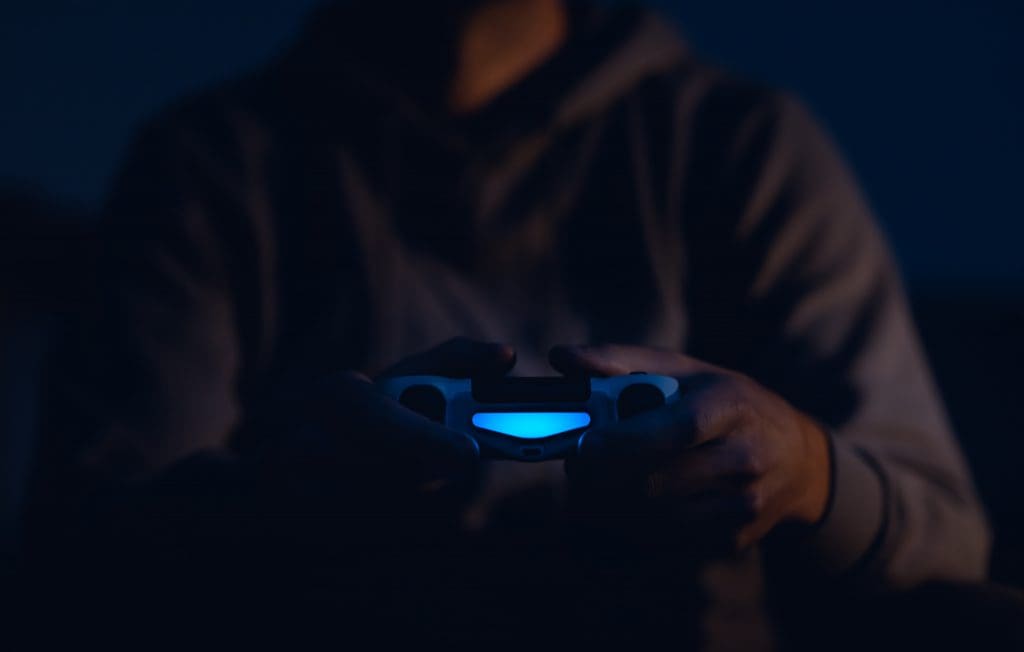
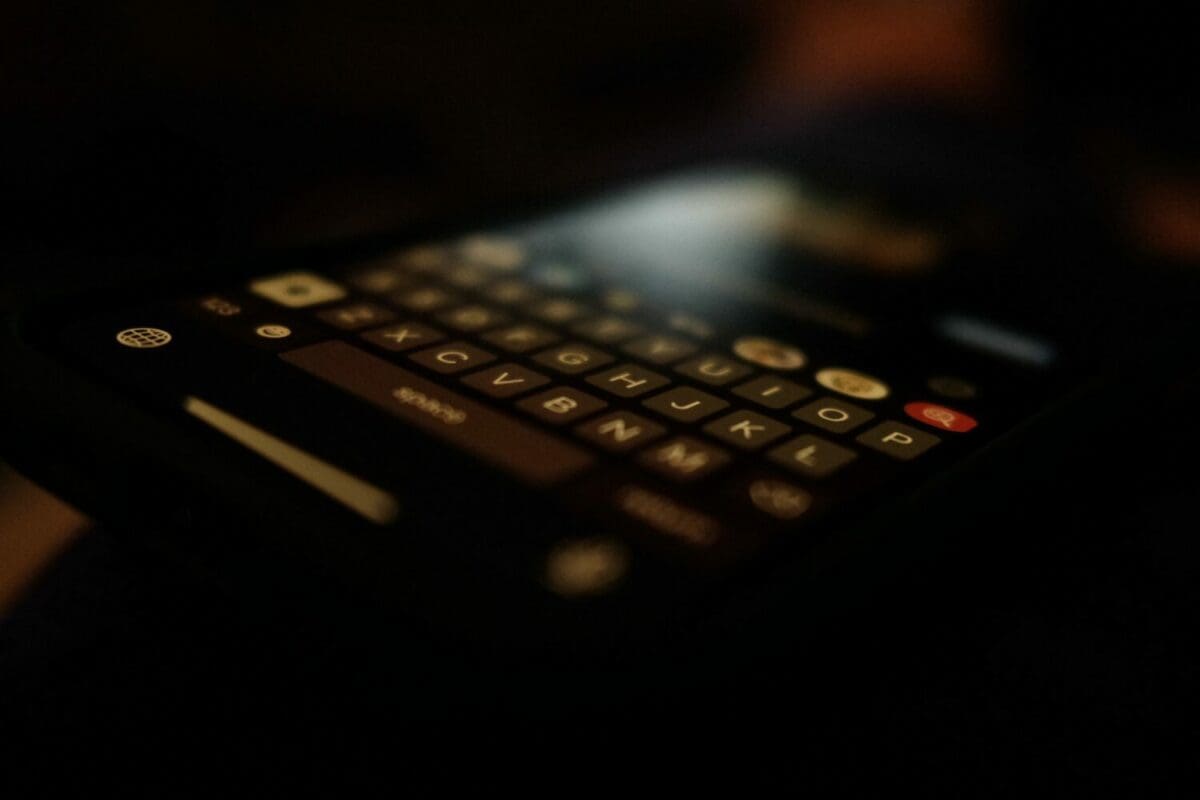
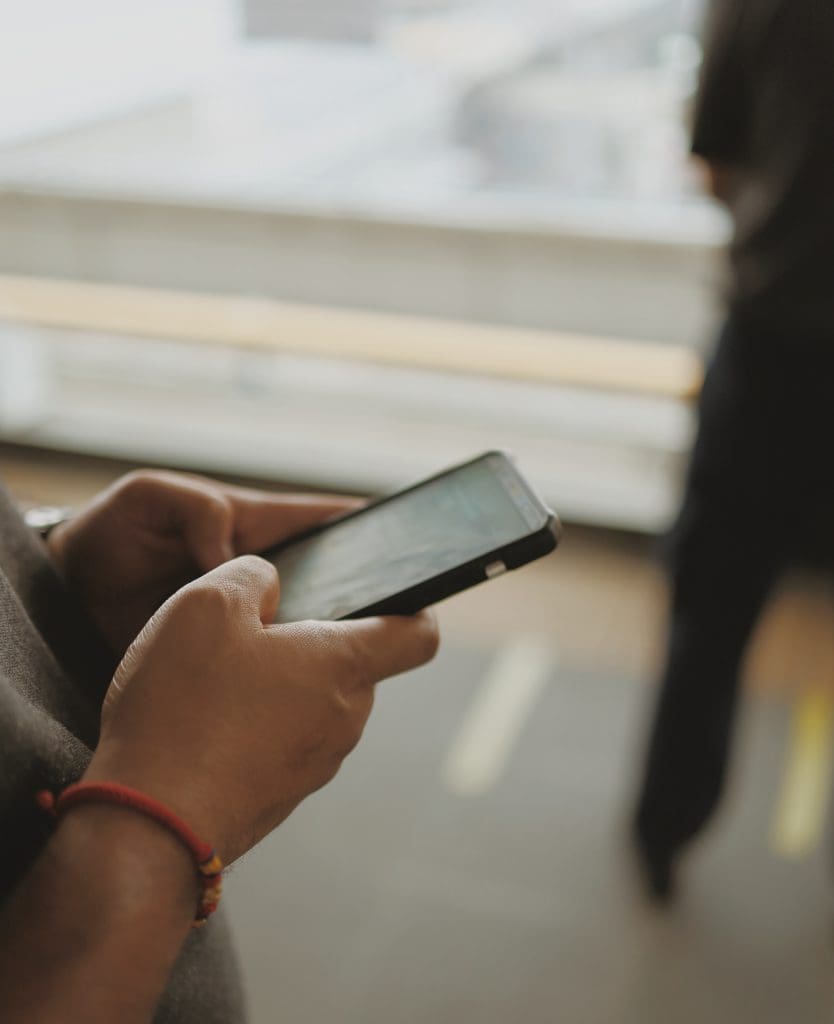
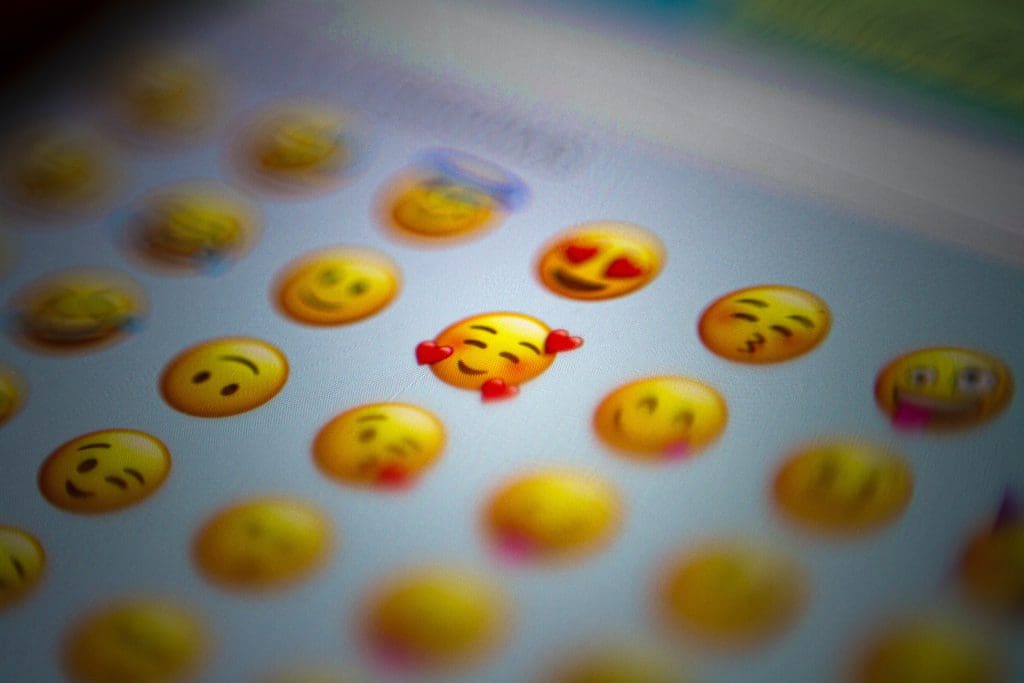
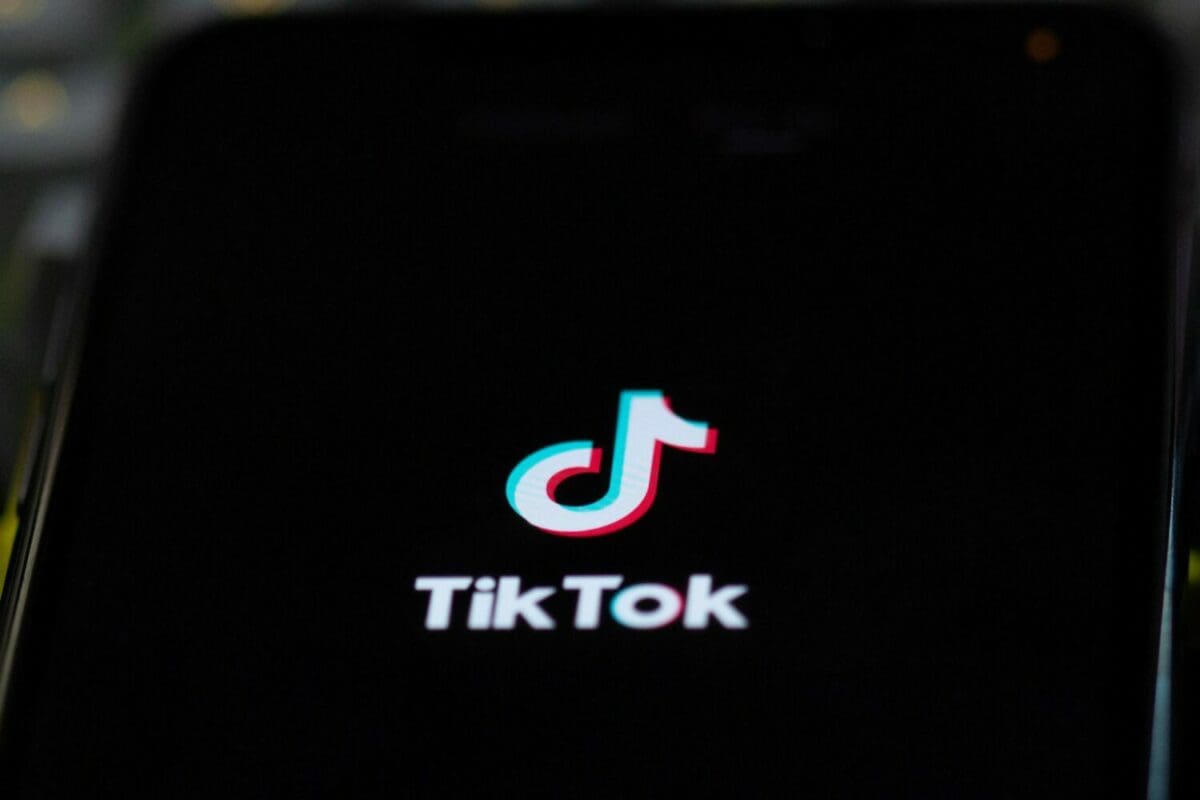
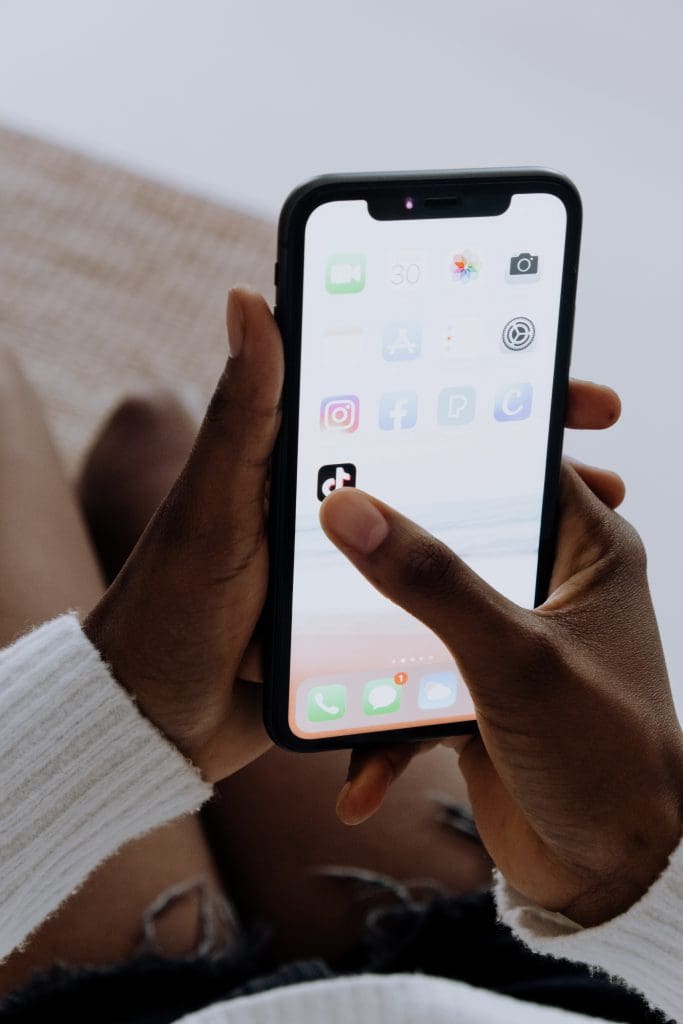



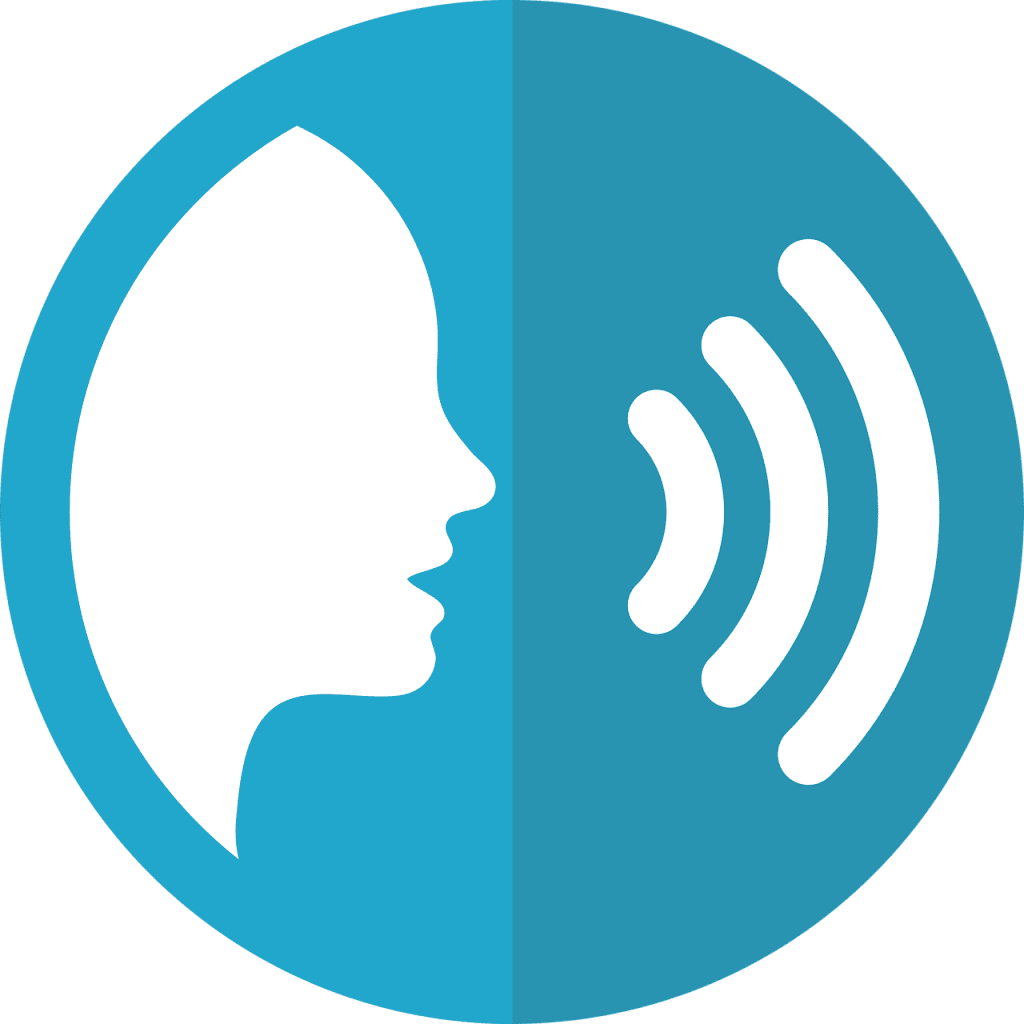



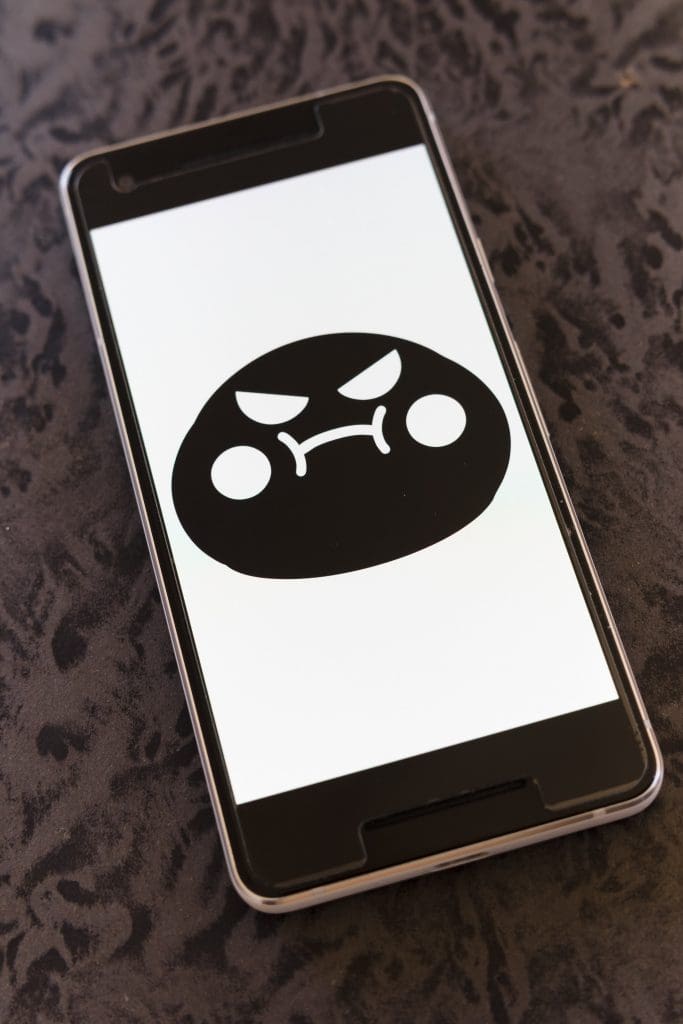
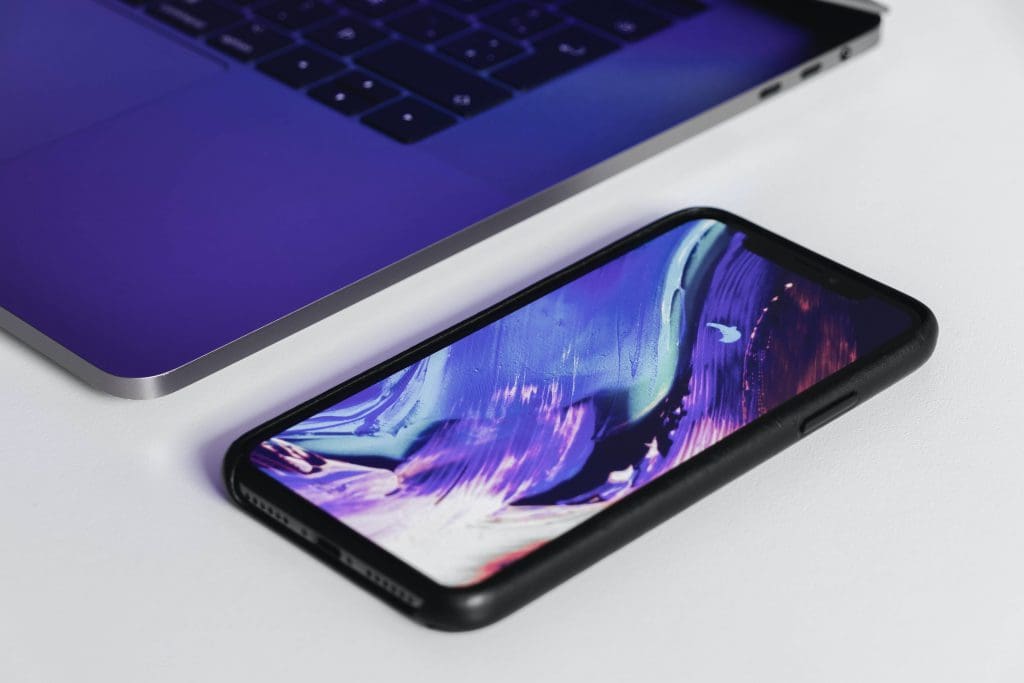
Recent Comments